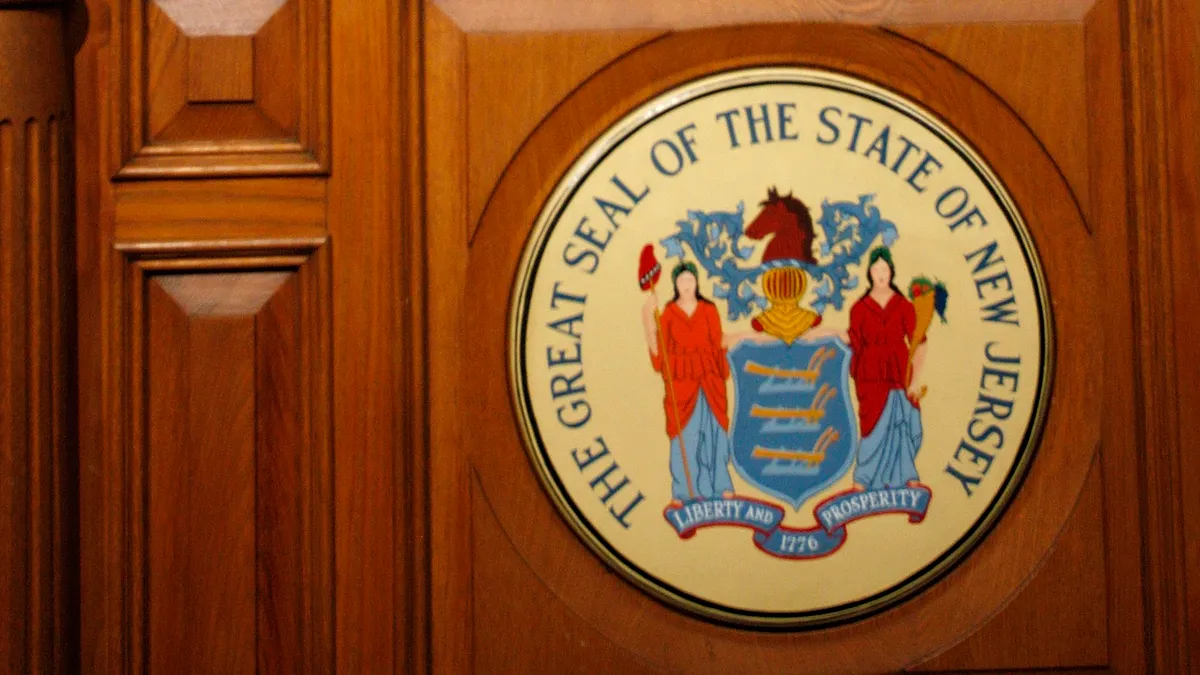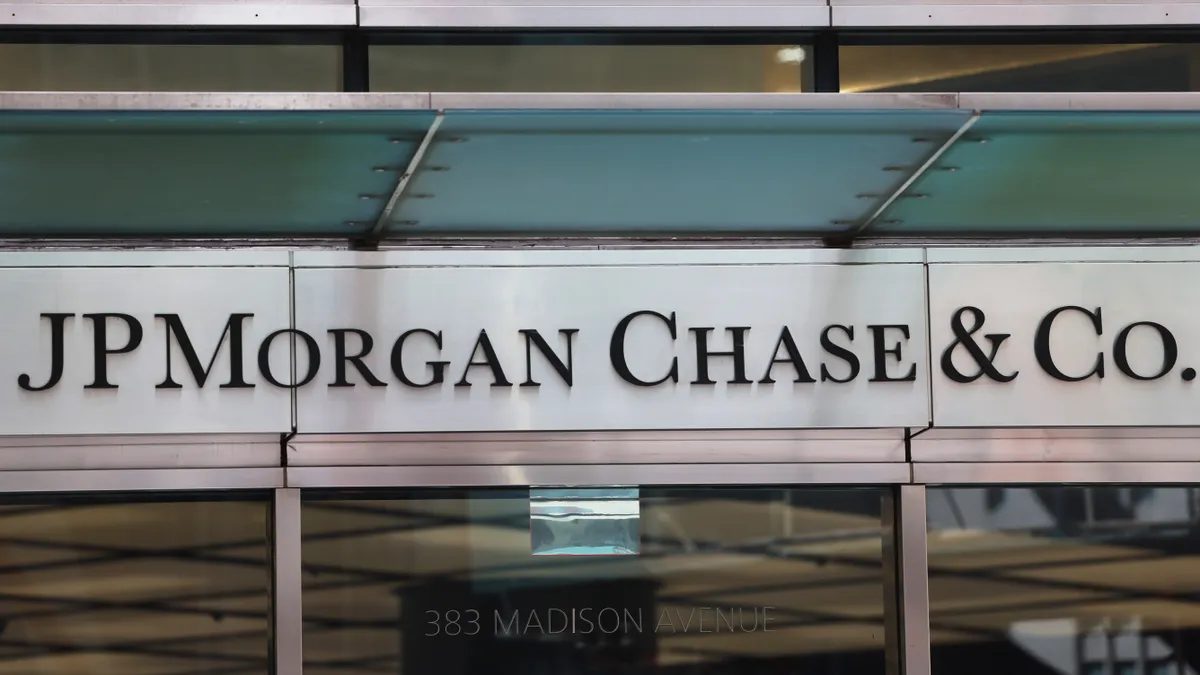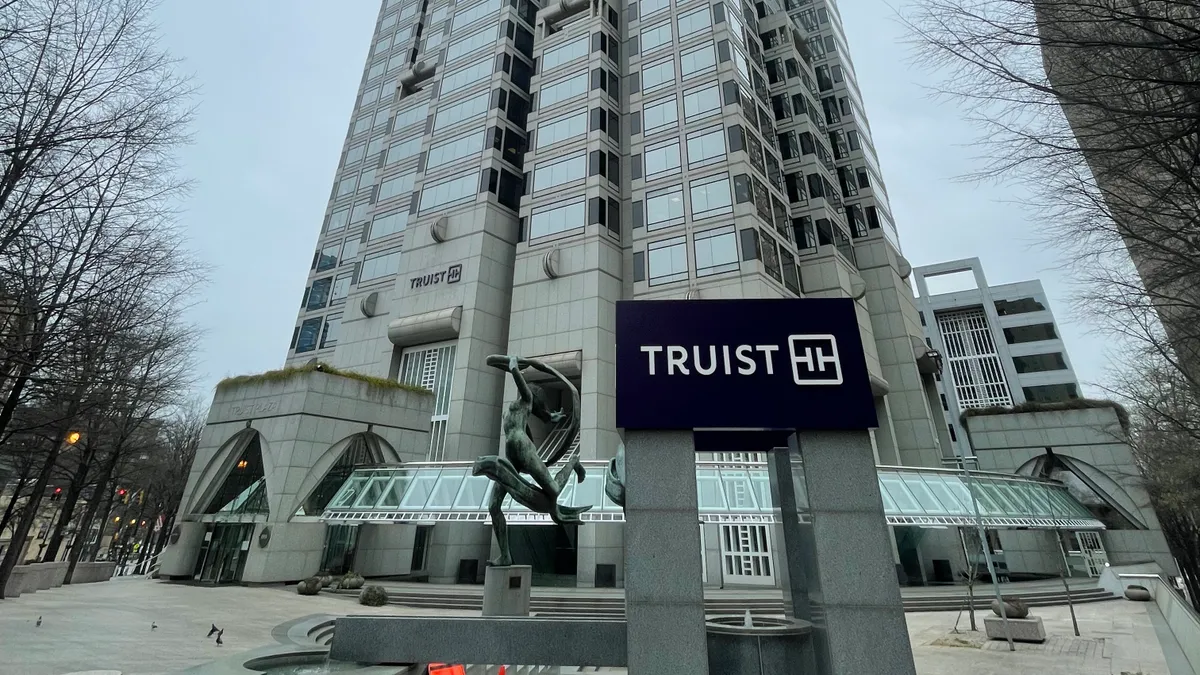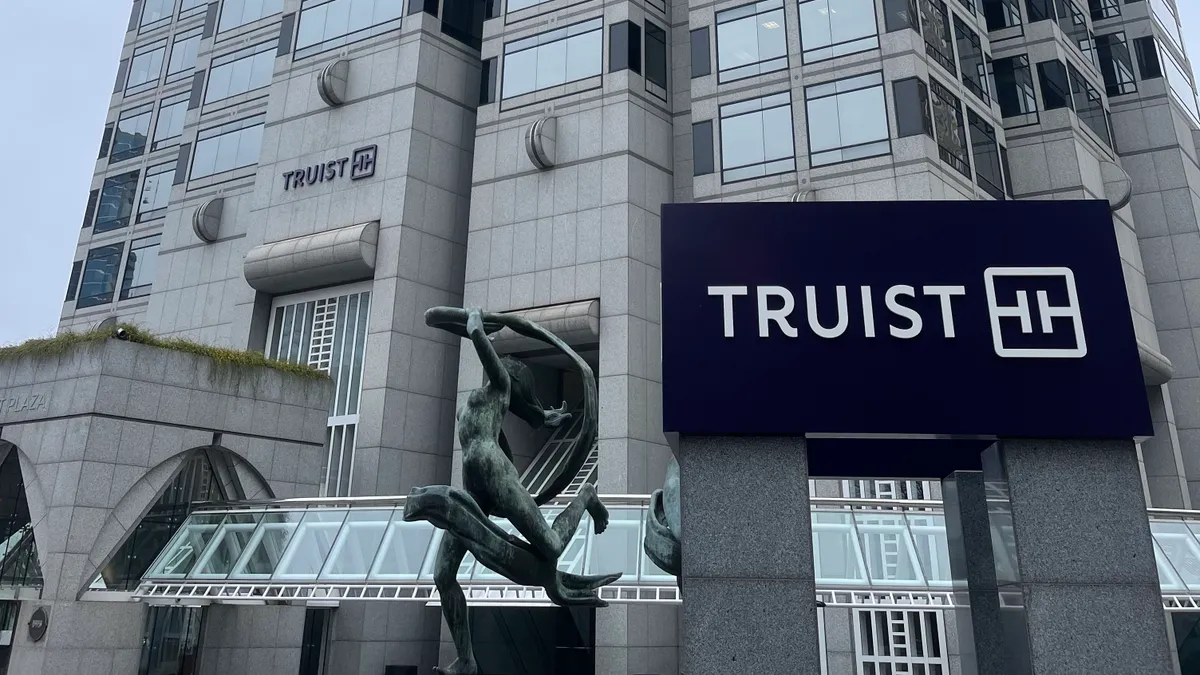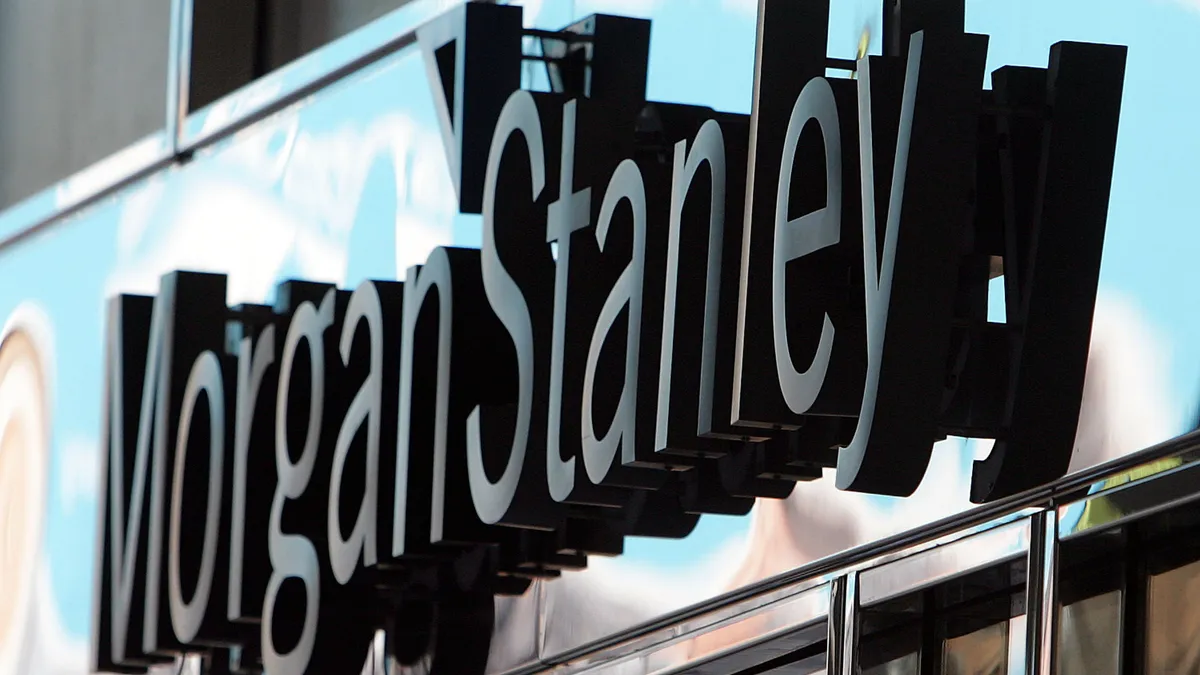Fresh off a merger with its in-state peer Lakeland Bancorp, Provident Financial Services announced it will close 22 locations of overlapping branches in New Jersey — roughly 15% of its physical footprint — by the end of August.
“A careful and thorough review of our combined branch network was undertaken, and we have decided to close either a Provident branch or a Lakeland branch in cases where a single location can serve all of our customers,” Provident Bank said on its website while displaying a list of the branches to be shut down.
Affected customers, who were informed about the branches shutting down on May 29, can still access any of Provident’s 140 branches through its newly expanded network in New Jersey, New York and Pennsylvania. The $24.5 billion-asset bank notified the affected customers in advance and offered various channels and resources to support their transition, emphasizing that it is trying to minimize disruption, a spokesperson for Provident told Banking Dive via email.
The Provident-Lakeland deal received the final green light from the Federal Reserve in April after months of delays.
While reviewing the needs across the organization and with the branch closures, Provident has let go of some of its staff but has encouraged the transitioned employees to apply for available open positions and is supporting those employees impacted to ensure a smooth transition throughout the organization, the spokesperson said.
“As we integrate the two banks, we have reviewed needs across the organization and have adjusted resources, which unfortunately has required us to reduce the size of certain teams. We do not take these difficult decisions lightly, and we understand the significance and impact these decisions have on our team members as well as our customers,” Provident spokesperson said.
Provident said it has no plans to close additional branches in connection with the merger and that it continuously evaluates its branch network.
“Our priority remains providing an exceptional customer experience and adapting to the evolving preferences of our clients, whether through physical branches, online banking, or other innovative solutions,” the bank spokesperson noted.
The merger with Lakeland, creating what the lenders dubbed a “super-community bank,” aimed to leverage Provident’s fee-based insurance and wealth management units while enabling Provident to tap into Lakeland’s asset-based lending and equipment lease financing business.
“Our employees will benefit from greater opportunities and resources that a bank with nearly $25 billion in assets possesses, customers will benefit by having access to a wider array of products and services driven by enhanced technology, and our communities will benefit from our commitment to helping those in need, which dates back to 1839,” Provident CEO Anthony Labozzetta said in a statement last month while announcing the merger completion with Lakeland.
Bank executives estimate the merger will produce cost savings amounting to approximately 35% of Lakeland's overall expense base while generating an internal rate of return of around 20%.
Provident received regulatory approvals, including from the Fed, on the condition that the lender completes a $200 million capital raise ahead of or concurrent with the merger’s completion.
According to the Federal Deposit Insurance Corp.’s approval condition, for the next three years following the merger, Provident will be required to maintain a Tier 1 capital to total assets leverage ratio of 8.5% and a total capital to risk-based assets ratio of 11.25%. The bank must also maintain its ratio of commercial real estate loans to total capital and reserves at or below the levels indicated in its regulatory applications.
The deal, which was originally inked in September 2022, was expected to close in the second quarter of 2023. The banks extended the merger agreement last December to give more time for regulatory approvals.
Provident, headquartered in Iselin, New Jersey, agreed to pay $1.3 billion in stock for Lakeland, a $11.2 billion asset firm headquartered in Oak Ridge, roughly 35 miles away.
Following the merger, the combined entity operating as Provident Bank has approximately $24.5 billion in assets, $18.8 billion of loans, deposits of $18.6 billion, and total stockholders’ equity of $2.3 billion, making it the 83rd largest insured depository organization in the U.S. and the 7th largest in New Jersey.
It’s also the second-largest bank by asset size in New Jersey after the $61 billion-asset Valley Bank in Wayne.
Provident and Provident Bank appointed five new directors to their boards in May. The new directors are all former directors of Lakeland, who were involved in the merger.
“The merger creates a company with significant scale and capabilities with a strong capital base and low credit risk profile. In Lakeland we found a like-minded partner that shares our vision, values, and commitment to our employees, customers, shareholders, and communities.” Labozzetta said in a statement.



